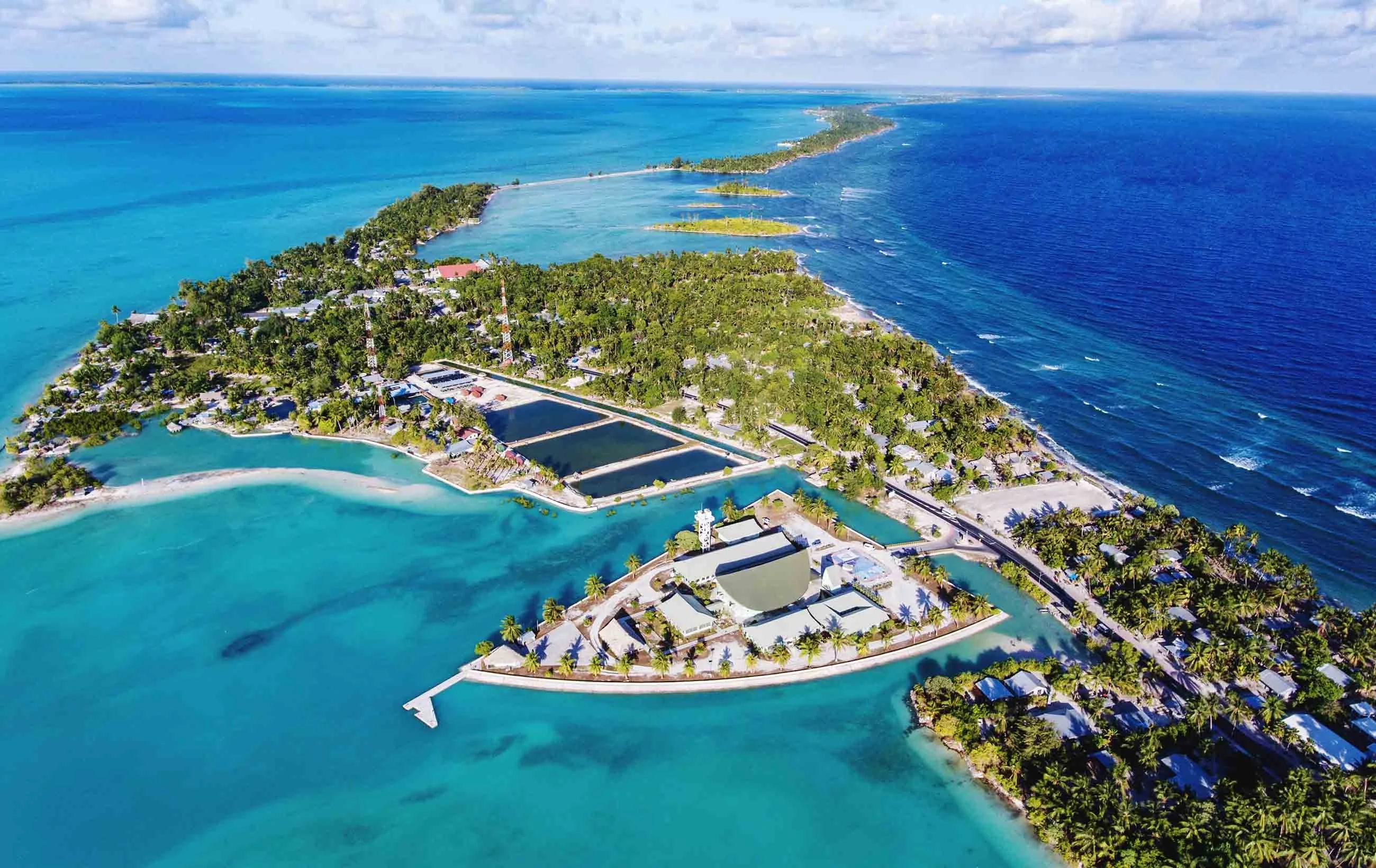1. Public Sector Jobs: Working in the government sector, such as public administration, education, and healthcare, is common.
Salaries can vary, but average monthly wages may range from AUD 400 to AUD 1,000 per month.
2. Fishing and Agriculture: Traditional fishing and agriculture are significant for livelihoods.
Salary: Many individuals engage in subsistence farming and fishing, and income can vary widely depending on success. Commercial fishing jobs may offer higher salaries.
3. Tourism: As the tourism industry develops, there are opportunities in the hospitality sector.
Salary: Jobs in hotels, restaurants, and tour guiding may offer monthly salaries of around AUD 500 to AUD 800 per month.
4. Trades and Crafts: Skilled tradespeople, such as carpenters and mechanics, play essential roles in the community.
Salary: from AUD 400 to AUD 800 per month.
5. Education: Teaching positions in schools and educational institutions
Salary: from AUD 600 to AUD 1,200 per month.
• Working Week. The standard working week in Kiribati is typically 40 hours, with five working days per week. However, certain sectors, such as agriculture and fisheries, may have different work patterns.
• Vacation and Leave. The Employment Act sets out regulations regarding annual leave. Generally, employees are entitled to paid annual leave, and the amount of leave may vary depending on the length of service. Additionally, employees are entitled to paid sick leave and maternity leave.
• Public Holidays. Kiribati observes several public holidays, including New Year's Day, Independence Day, and Christmas Day, among others. On these holidays, most businesses and government offices are closed, and employees are typically entitled to a day off with pay.
• Employment Contracts. Employment contracts are a crucial part of labor regulations in Kiribati. These contracts outline the terms and conditions of employment, including salary, working hours, and other relevant details.
• The minimum wage in Kiribati: approximately AUD 2.00 per hour. Please note that minimum wage rates may change over time due to government policies and adjustments based on economic conditions.
• The average wage in Kiribati: may range from AUD 400 to AUD 800 per month. Although it's important to keep in mind that this can vary widely depending on the specific job and sector.
1. Limited Domestic Market:
Kiribati's small population and remote location present challenges for entrepreneurs. The limited domestic market can restrict growth opportunities for businesses targeting local consumers.
2. Focus on Agriculture and Fisheries:
Entrepreneurship in Kiribati often centers around traditional sectors like agriculture and fisheries. Many entrepreneurs engage in subsistence farming or fishing, with potential for growth through value-added products and sustainable practices.
3. Tourism Opportunities:
The tourism industry offers potential for entrepreneurs, particularly in the hospitality and eco-tourism sectors. With Kiribati's pristine beaches and unique culture, there's room for growth in tourism-related ventures.
4. Climate-Resilient Initiatives:
Given Kiribati's vulnerability to climate change and rising sea levels, entrepreneurship opportunities exist in climate-resilient initiatives. These may include sustainable construction, renewable energy, and environmental conservation projects.
5. Challenges in Infrastructure:
Limited infrastructure, including transportation and telecommunications, can pose challenges for entrepreneurs looking to expand their reach or establish online businesses.
1. South Tarawa (Bairiki and Betio) - the capital and the most populous area, offers the most significant business opportunities. It is home to government offices, financial institutions, and services that can support various business activities.
2. Bairiki - The administrative center of South Tarawa and the location of the government headquarters, Bairiki provides access to government services and important contacts for regulatory matters.
3. Betio - a commercial and industrial hub in South Tarawa. It hosts a seaport and various businesses related to trade and services.
4. Kiritimati (Christmas Island) - although remote, has potential for businesses in eco-tourism, fishing, and agriculture due to its unique ecosystem and natural beauty.





